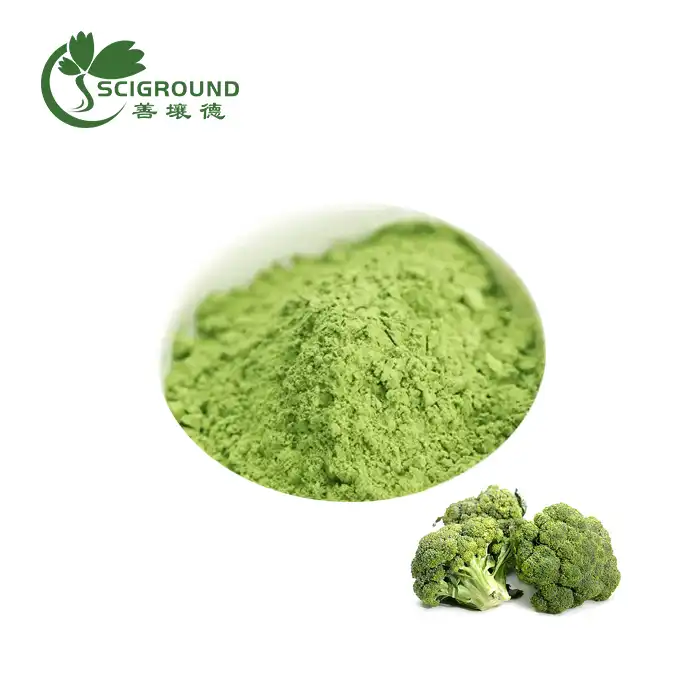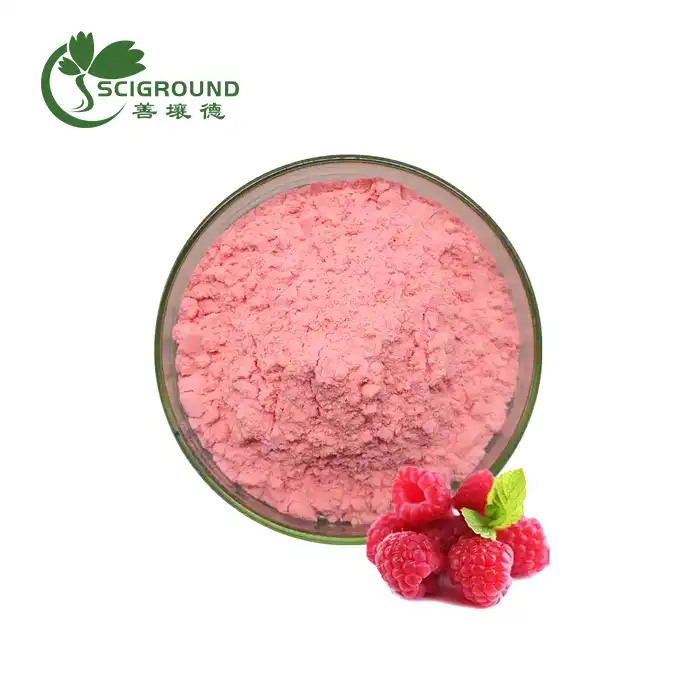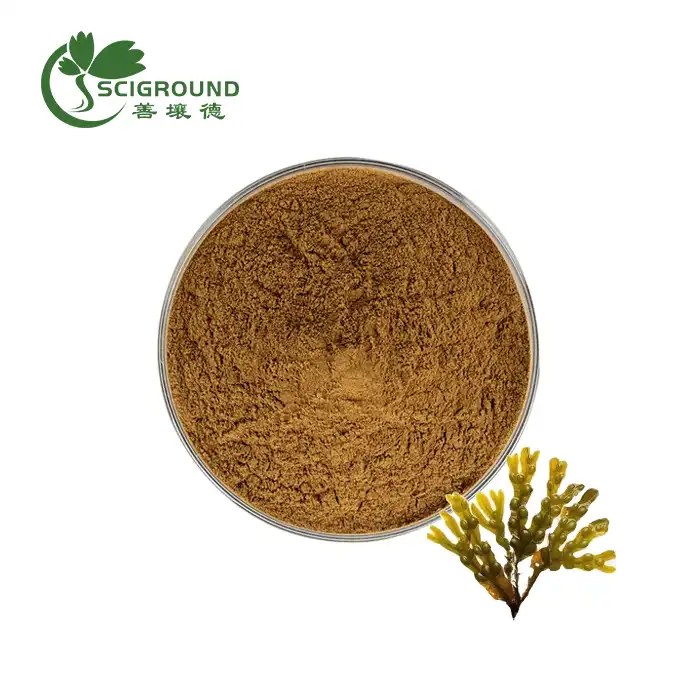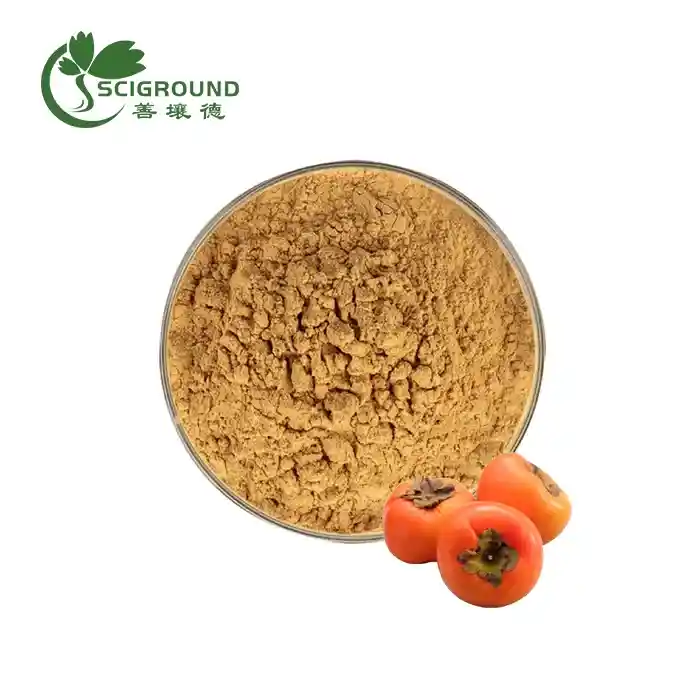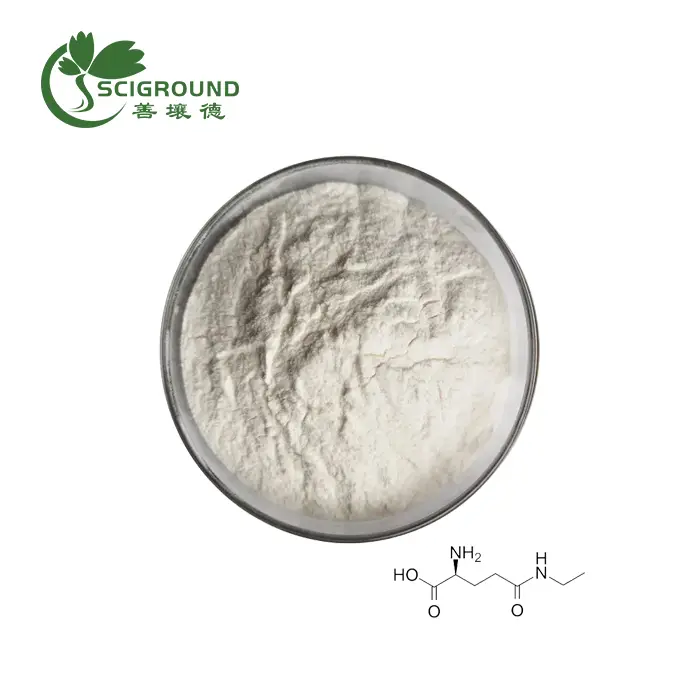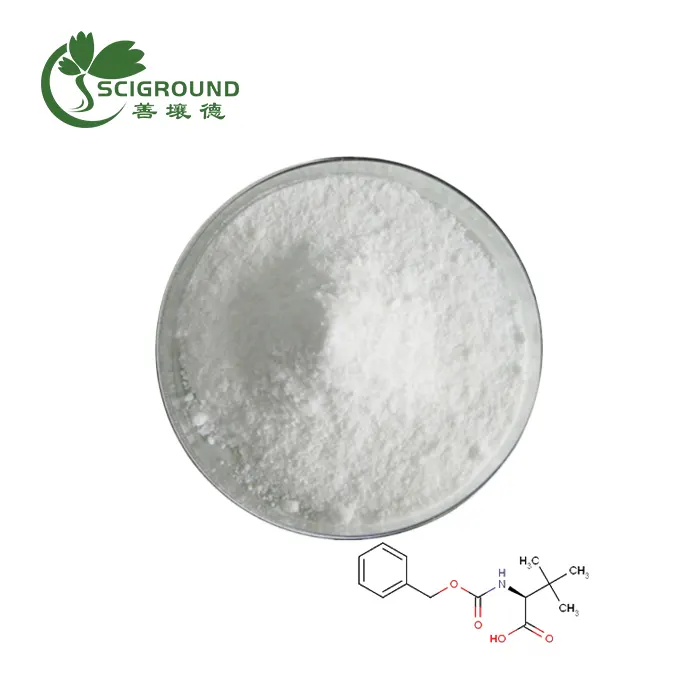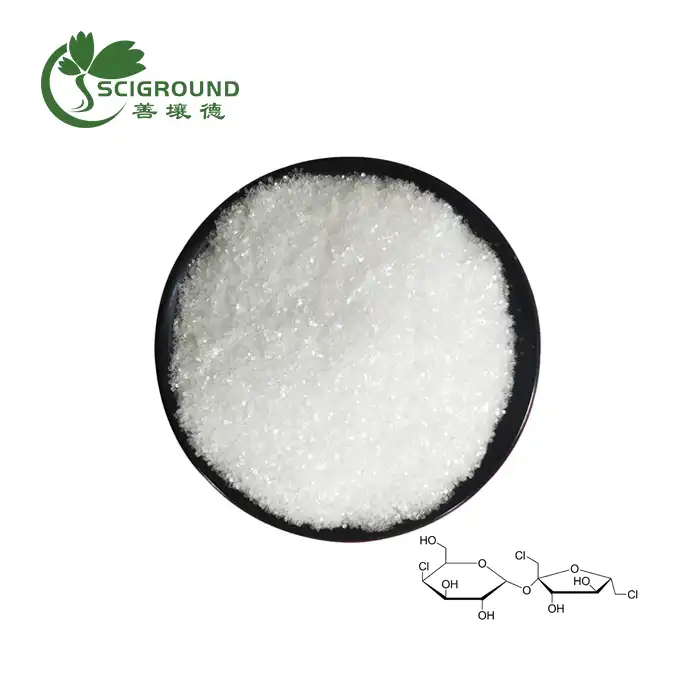What is aloe vera leaf extract used for?
Aloe vera leaf extract, derived from the succulent Aloe barbadensis miller plant, has been a staple in traditional medicine for centuries. This versatile botanical extract boasts a wide array of applications, ranging from skincare to digestive health. In this comprehensive guide, we'll explore the multifaceted uses of aloe vera leaf extract, its potential side effects, and how it differs from other aloe vera products.
Aloe vera leaf extract is renowned for its therapeutic properties, which stem from its rich composition of vitamins, minerals, amino acids, and polysaccharides. These bioactive compounds contribute to its anti-inflammatory, antimicrobial, and moisturizing effects, making it a popular ingredient in both topical and oral applications.
What are the side effects of aloe vera leaf extract?
While aloe vera leaf extract is generally considered safe for most people, it's crucial to be aware of potential side effects, especially when consumed orally. Some individuals may experience adverse reactions, which can range from mild discomfort to more severe complications.
Topical application of aloe vera leaf extract is typically well-tolerated, but some people may develop skin irritation or allergic reactions. These can manifest as redness, itching, or a burning sensation. If you notice any of these symptoms, discontinue use immediately and consult a healthcare professional.
Oral consumption of aloe vera leaf extract can lead to more pronounced side effects, particularly due to its laxative properties. Some common gastrointestinal issues include:
- Abdominal cramps
- Diarrhea
- Electrolyte imbalance
- Dehydration
In rare cases, prolonged use of aloe vera leaf extract may cause more severe side effects, such as:
- Liver toxicity
- Kidney problems
- Blood sugar fluctuations
- Interactions with certain medications
It's worth noting that these more serious side effects are typically associated with long-term, high-dose consumption of aloe vera products containing anthraquinones, which are found in the latex layer of the aloe leaf.
Pregnant women and individuals with pre-existing health conditions should exercise caution and consult their healthcare provider before using aloe vera leaf extract, especially for oral consumption.
What is the difference between aloe vera and aloe vera extract?
Understanding the distinction between aloe vera and aloe vera extract is crucial for making informed decisions about which product to use. While both are derived from the same plant, they differ in composition, processing, and potential applications.
Aloe vera refers to the raw, natural gel extracted directly from the aloe plant's leaves. This gel is composed of approximately 99% water and 1% active compounds, including vitamins, minerals, amino acids, and polysaccharides. The raw gel is often used for topical applications and is known for its soothing and moisturizing properties.
Aloe vera extract, on the other hand, is a more concentrated form of the plant's bioactive compounds. It's produced through various extraction methods, which can yield different types of extracts:
- Whole leaf extract: Contains compounds from all parts of the leaf, including the latex layer
- Inner leaf extract: Derived from the inner gel, excluding the latex layer
- Decolorized whole leaf extract: Processed to remove anthraquinones from the latex layer
The extraction process typically involves removing excess water and concentrating the active ingredients, resulting in a more potent product. Aloe vera extracts are often used in dietary supplements, cosmetics, and pharmaceuticals due to their higher concentration of beneficial compounds.
Key differences between aloe vera and aloe vera extract include:
- Concentration: Extracts are more concentrated than raw aloe vera gel
- Shelf life: Extracts generally have a longer shelf life due to processing and preservation methods
- Versatility: Extracts can be more easily incorporated into various products and formulations
- Potency: Extracts may offer more pronounced effects due to their higher concentration of active compounds
When choosing between aloe vera and aloe vera extract, consider your specific needs and intended use. For topical applications, raw aloe vera gel may be sufficient, while aloe vera extract might be more suitable for targeted treatments or internal use under proper guidance.
Is aloe vera extract a laxative?
Aloe vera extract does indeed possess laxative properties, primarily due to the presence of anthraquinones, specifically aloin, found in the latex layer of the aloe leaf. These compounds stimulate bowel movements by increasing intestinal water content and peristalsis, the wave-like muscle contractions that move food through the digestive tract.
The laxative effect of aloe vera extract can be both beneficial and potentially problematic, depending on the context and dosage. Here's a closer look at the laxative properties of aloe vera extract:
Mechanism of action: Anthraquinones in aloe vera extract work by:
- Stimulating mucus secretion in the colon
- Increasing water content in the intestines
- Enhancing peristalsis
- Inhibiting the absorption of water and electrolytes in the intestinal tract
Potential benefits: The laxative effect of aloe vera extract may be beneficial for individuals experiencing:
- Occasional constipation
- Irregular bowel movements
- Digestive discomfort
Risks and precautions: While the laxative properties of aloe vera extract can be helpful in some cases, it's important to exercise caution:
- Overuse can lead to electrolyte imbalances and dehydration
- Long-term use may cause dependency and weaken natural bowel function
- Individuals with certain gastrointestinal conditions should avoid using aloe vera as a laxative
- Pregnant women and children should not use aloe vera extract for its laxative effects without medical supervision
It's worth noting that many commercial aloe vera products, especially those intended for internal use, are processed to remove or reduce the concentration of anthraquinones. This is done to minimize the laxative effect and potential side effects associated with these compounds.
If you're considering using aloe vera extract for its laxative properties, it's crucial to consult with a healthcare professional first. They can provide guidance on appropriate dosage, potential interactions with medications, and whether it's suitable for your individual health needs.
In conclusion, aloe vera leaf extract is a versatile and potent natural product with a wide range of potential applications. From its soothing effects on the skin to its potential digestive benefits, this botanical extract has earned its place in both traditional and modern medicine. However, as with any natural remedy, it's essential to use aloe vera leaf extract responsibly and be aware of its potential side effects and interactions.
Whether you're looking to incorporate aloe vera leaf extract into your skincare routine or exploring its internal benefits, always prioritize quality and consult with a healthcare professional when necessary. By doing so, you can harness the power of this remarkable plant extract while minimizing potential risks.
References:
- Surjushe, A., Vasani, R., & Saple, D. G. (2008). Aloe vera: A short review. Indian Journal of Dermatology, 53(4), 163-166.
- Radha, M. H., & Laxmipriya, N. P. (2015). Evaluation of biological properties and clinical effectiveness of Aloe vera: A systematic review. Journal of Traditional and Complementary Medicine, 5(1), 21-26.
- Hamman, J. H. (2008). Composition and applications of Aloe vera leaf gel. Molecules, 13(8), 1599-1616.
- Boudreau, M. D., & Beland, F. A. (2006). An evaluation of the biological and toxicological properties of Aloe barbadensis (miller), Aloe vera. Journal of Environmental Science and Health, Part C, 24(1), 103-154.
- Foster, M., Hunter, D., & Samman, S. (2011). Evaluation of the nutritional and metabolic effects of Aloe vera. In Herbal medicine: Biomolecular and clinical aspects (2nd ed.). CRC Press/Taylor & Francis.
- Sahu, P. K., Giri, D. D., Singh, R., Pandey, P., Gupta, S., Shrivastava, A. K., Kumar, A., & Pandey, K. D. (2013). Therapeutic and medicinal uses of Aloe vera: A review. Pharmacology & Pharmacy, 4(8), 599-610.
For more information about our high-quality Aloe Vera Leaf Extract and other plant-based products, please don't hesitate to contact us at info@scigroundbio.com. Our team of experts is ready to assist you in finding the perfect solution for your needs.
Related Industry Knowledge
- Is it OK to take L-citrulline every day?
- Should I take fisetin in the morning or at night?
- Which is better quercetin or fisetin?
- What is the Benefit of Mulberry Leaves
- What does vitamin E powder do?
- How to Make Corn Silk Extract
- L Arginine HCL Benefits
- L-Carnitine: Benefits, Side Effects, Sources, and Dosage
- What is creatine monohydrate made from
- Why BCAA is used in gym?
